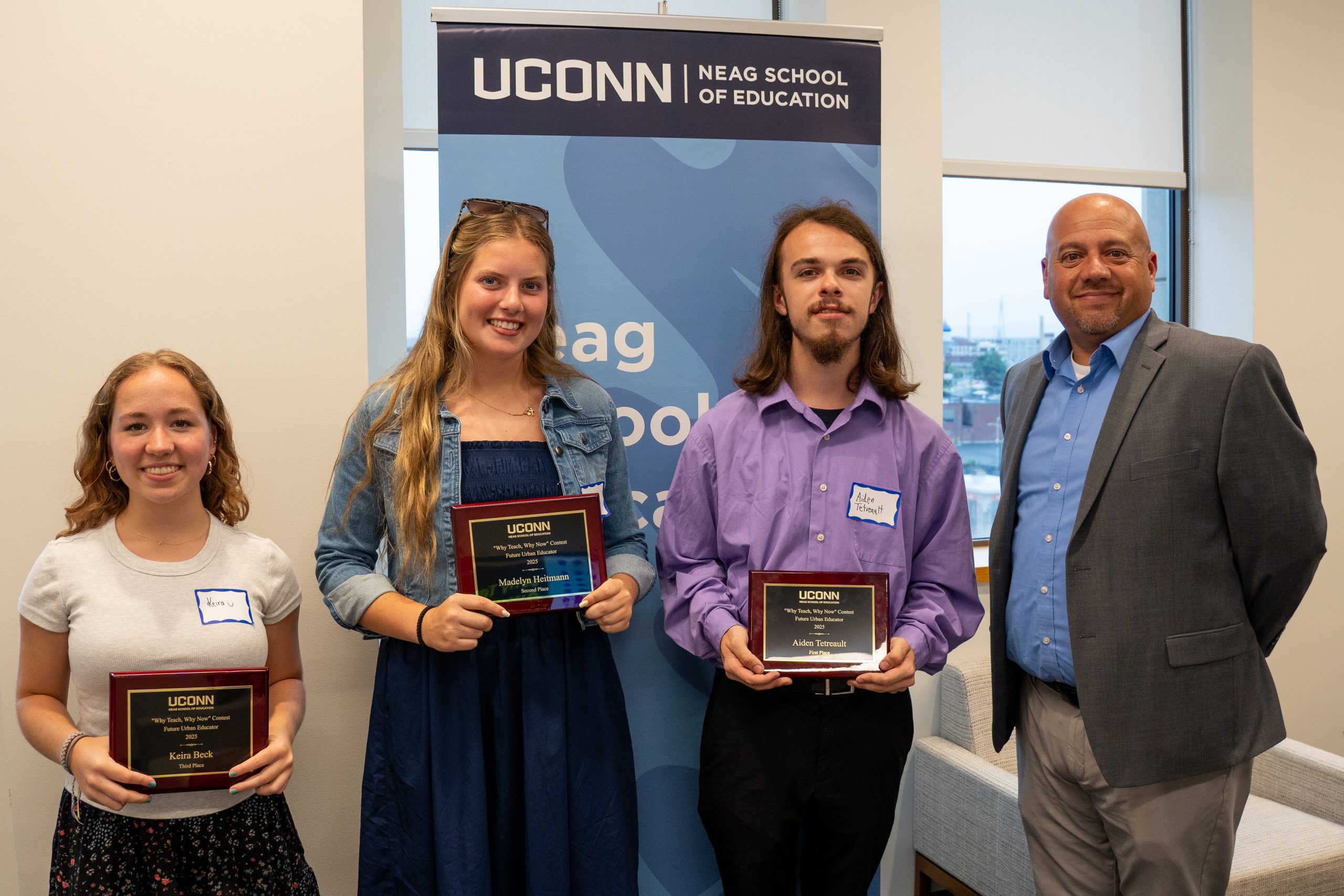Eighteen second year Casework and Group Work students are engaged in a program at the School of Social Work, in partnership with the Department of Mental Health and Addictions Services (DMHAS). The focus of this three year grant is to train MSW students to work effectively with the young adult population, ages 18-25, with serious mental illnesses and/or co-occurring disorders.
Peter Papallo, LCSW, MS, is the Principal Investigator and an Assistant Extension Instructor. He teaches courses in micro foundation theory and practice, casework practice, and group work practice and provides academic and field advising to master level students. Peter’s areas of specialization include casework, group work, and practice with LGBT clients. “This program is both exciting and challenging. It prepares the students to practice with the young adult population whose needs and issues are multi-determined and multi-leveled, says Peter.”
Transitioning Youth at Risk is responsive to the needs identified in multiple studies of barriers to access to mental healthcare in Connecticut, particularly those conducted in the wake of the Sandy Hook tragedy. These studies have identified service gaps for at-risk youth including: scarce services and support groups for youth, shortages of mental health professionals, a shortage of intensive outpatient programs, long waiting lists for existing outpatient programs, and a scarcity of inpatient psychiatric programs. At the same time, where services for at-risk youth are available, practitioners report a need for more education about every aspect of working with youth (e.g. brain biology, trauma impacts, substance abuse, recognizing psychotic disorders, inclusion of families/natural support in treatment, suicide prevention, and the LGBTQI population, etc.)
Students selected for this program complete a two semester field placement in a DMHAS Young Adult Services program. In addition, they enroll in a two semester integrative seminar on Transitioning Youth at Risk, designed and taught by Peter Papallo, and attend a monthly interprofessional training at Connecticut Valley Hospital taught by DMHAS staff. The teaching and training is based on the Recovery Model and a strengths based approach, where clients are empowered at all levels to lead self-determining and fulfilling lives to reach their highest potential. “In the classroom and in the field placements, we provide comprehensive and strength-based strategies to equip the students to work effectively with this population.” Upon successful completion of field and academic requirements, students receive a $10,000 stipend.



